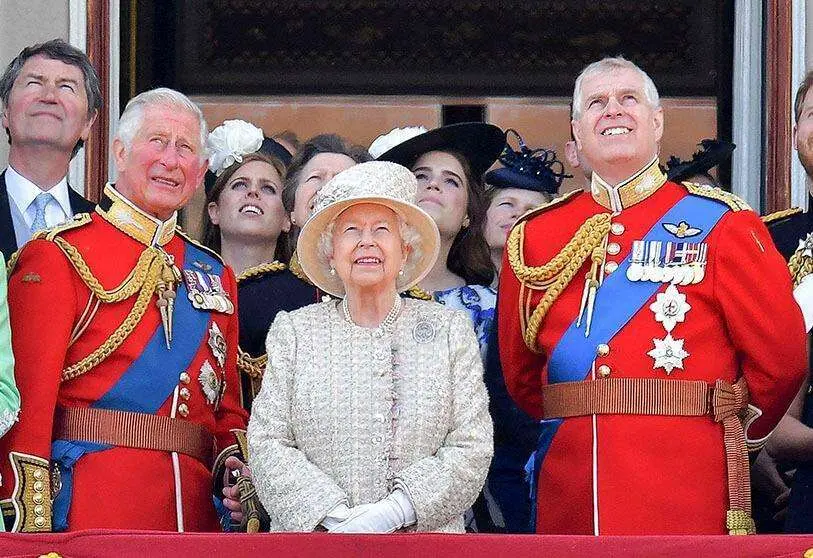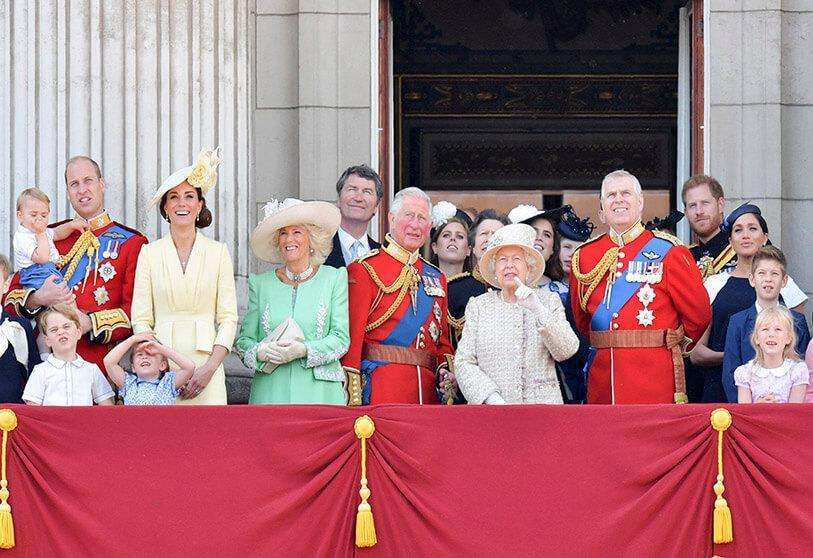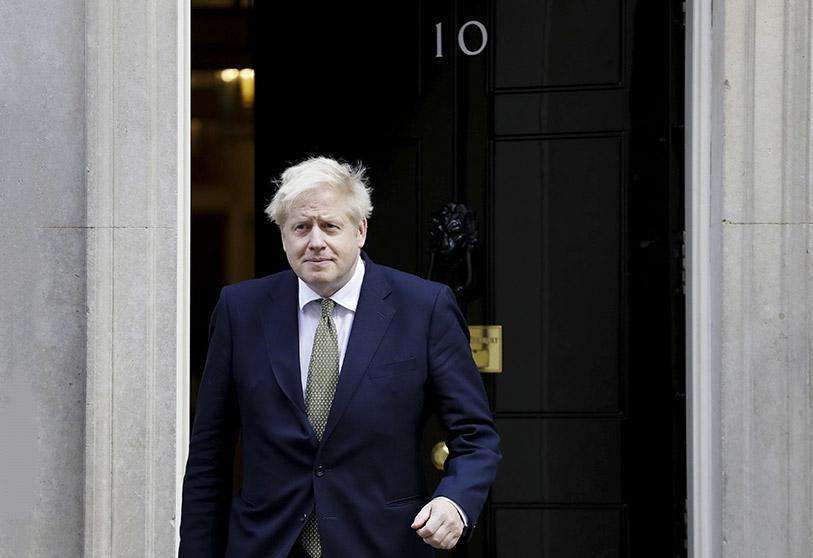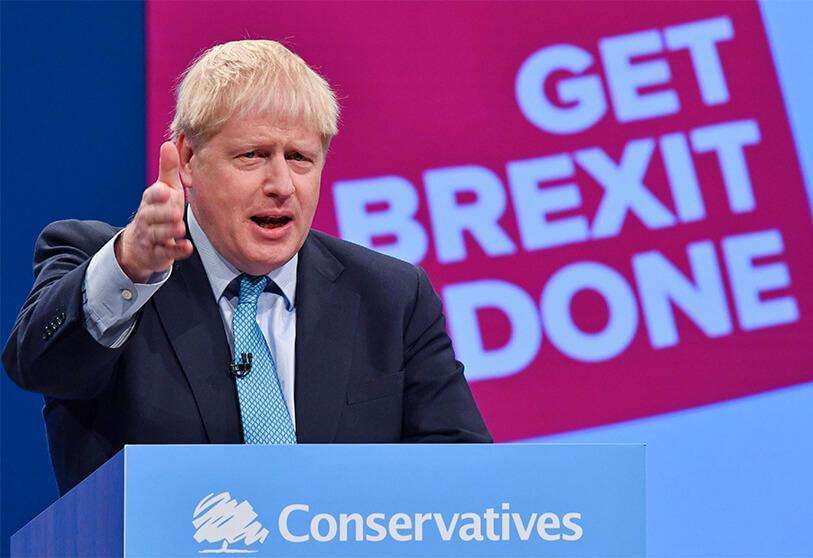Alternative Actors in Latam: United Kingdom

Barbados bid farewell to the British monarchy to become a republic after 400 years as a colony. As of 30 November 2021 - the 55th anniversary of its independence - the Caribbean island will no longer have Queen Elizabeth II as head of state. The new president is Sandra Mason.
During that time, including 200 years as a centre of the slave trade, British influence meant repression and terrible conditions. There were no benefits. No grants for education, health care, infrastructure, agriculture or tourism before or since.
Without British aid and with a population of 285,000, it has thrived with an economy diversified into tourism. However, adverse climatic events and the pandemic have exacerbated the situation. Recovery looks slow with 170% of its GDP committed and having defaulted on IMF loans.
Psychological significance: the small country proves capable of managing its own affairs in a democracy. Completely free, not just an independent colony. Everybody's friend, nobody's satellite.
The change has taken place in an atmosphere of goodwill and friendship as indicated by the attendance of Charles, Prince of Wales, guest of honour.

Westminster fears a tipping point. The Barbados decision may influence other Caribbean countries with Elizabeth II as head of state. Already in 2016 Jamaica's governor general, Patrick Allen, proposed passing a constitutional amendment "to replace her majesty the queen with a non-executive president as head of state".
There is a movement for reparations for injustices committed during the slave era. Restorative justice is not just about asking for money, it is about dialogue and a series of incentives to help a long neglected nation develop. Barbados will build a transatlantic slavery museum with the largest collection of slave records outside the UK.
The decision to become independent has been partly influenced by the activities of China, which has invested more than $530M in Barbados' economy to improve infrastructure while sending masks and doses of its Covid vaccine.
Without leaving the Commonwealth of Nations, Barbados will enhance its role within the Caribbean Community.
From the end of the 19th century, the countries belonging to the British Empire that gained a degree of independence - the Dominions - began to attend conferences with the kingdom. In 1926 they agreed to be equal members of a community within the empire, independent in government, but with allegiance to the king. It was christened the British Commonwealth of Nations. In 1949 the London Declaration stated that independent republics and other countries could join it, giving rise to the modern Commonwealth of Nations. It operates on the basis of voluntary, free and equal cooperation. Its next head will be Prince Charles after being elected by the group in 2018.
The Commonwealth has 54 independent and semi-independent countries, most of which have historic ties with the UK. Of these are in the Caribbean and Latin America: Antigua and Barbuda, Bahamas, Barbados, Belize, Dominica, Grenada, Guyana, Jamaica, Saint Lucia, Saint Kitts and Nevis, Saint Vincent and the Grenadines, Trinidad and Tobago.

The so-called "British Overseas Territories". In addition to the aforementioned states, there are a number of colonies and territories that did not become independent. In the Western Hemisphere, they include Anguilla, Cayman Islands, Bermuda, British Virgin Islands, Montserrat and the Turks and Caicos Islands. The first two and others are on and off the EU's blacklist of designated tax havens. Brexit has brought further confusion, if possible, to their steamy and confusing situation.
They are also a British overseas territory. London ratified its military presence there. The Argentine foreign ministry in an official communiqué in March reclaimed them again, stating that the UK "must listen" to the international community, as it "promotes the end of colonialism in the world". The conflict dates back to the cultural and commercial rivalry between the Spanish and British empires.
Prime Minister Boris Johnson declares that "we will continue to defend sovereignty over the Falkland Islands, South Georgia and the Sandwich Islands, ensuring that the interests of the 3,500 people there are protected, in accordance with the principle of self-determination".
A claim that covers up oil exploration and furthermore points towards Chilean and Argentinean territories in Antarctica. A complex geopolitical framework in which Argentina and Latin America must know how to play their trump cards. The UK is less powerful today than in the past and Brexit accentuates this weakness. Not forgetting that China is showing interest in the South Atlantic.
Its economic reality worries London, as in recent years these islands have been exporting more than $225 million worth of products, mainly fish, to the EU. This trade is expected to decline as a result of tariffs imposed by Brussels.

The UK, one of the 10 largest economies in the world in terms of GDP, is a small market for Latin American trade. Its exit from the EU is not an existential threat to Latam economies, nor is it a particularly striking opportunity, as its economic weight in the region is limited. Among Latam's major economies, Colombia is one of the most dependent on British purchases. But even Colombia sends just 2.5 % of its exports to the UK. Brazil relies on the UK for just 2 % of its exports. And the respective figure for Mexico is less than 1%.
British investment in Latin America, although important for some countries - Colombia, Peru - and in sectors such as mining, is not on the scale of flows from other countries such as the US.
The new 'Global Britain' national strategy (contained in the extensive document 'A Global UK in a Competitive Age') only devotes a couple of paragraphs to Latin America.
And this is considering that a third of the 66 free trade agreements with countries outside the EU that the UK launched with the implementation of Brexit on 1 January 2021 have been signed with the Latin American and Caribbean region. Agreements were signed with Chile and Trade Continuity with Mexico. Also with blocs such as the Andean Community and Central America. Also with 14 Caribbean countries that, as partners such as Cariforum, already had such a relationship with the EU. A similar deal with Mercosur is complicated by the internal crisis in the bloc, which has not even seen the agreement signed with the EU ratified. A rapid agreement with Brazil is being sought.
Forced to establish new bilateral agreements with the other countries, Westminster is desperate to join existing regional trade deals because, outside the EU, it loses negotiating leverage. In September, the UK signalled its intention to join the T-MEC by forming trade ties with North America without having to negotiate a new bilateral agreement with each of the three members. A pact that does not even contain clauses allowing other countries to join. London felt the need to clarify that it does not want to join the T-MEC. It dismissed the rumour as a "misunderstanding". It did insist that it was seeking a new trade deal with Mexico.

He might be luckier in his desire to join the Comprehensive and Progressive Agreement for Trans-Pacific Partnership (TIPAT or CPTPP), three of whose 11 members are Latin American: Mexico, Peru and Chile. Although nothing has yet been decided, London is making haste to join.
The Bank of England has accumulated 31 tonnes of gold worth almost $1 billion, which Caracas has been demanding since 2018 when its economic crisis began to become systemic and the government proclaimed itself the winner of elections boycotted by the opposition and described as fraudulent.
Gold accounts for 15% of Venezuela's foreign currency held abroad. The case of Venezuela's gold has reached the British Supreme Court and the dispute - which is dragging on - pits Juan Guaidó, recognised as a legitimate interim president by the UK, against the executive of Nicolás Maduro, who, despite de facto control of Venezuelan institutions, enjoys neither diplomatic recognition nor credibility from London. Johnson has reaffirmed Guaidó's power over Venezuelan gold. The trial in British courts is a decision about which is the legitimate government of Venezuela.

To watch: Operation Algeciras: a documentary, available in the depths of the web, about a botched sabotage, by a commando of Argentine frogmen - ill-equipped but tough as nails - of British ships moored at the Gibraltar base before they sailed for the Falklands war.
To read: British Lions and Mexican Eagles: Business, Politics, and Empire in the Career of Weetman Pearson in Mexico, 1889-1919. The name Pearson is associated with the publishing and educational giant. Earlier, a Pearson made his fortune in - or with - the Porfiriato, before retiring as a liberal politician back in Britain.
"The Americanist is an independent bulletin for understanding the key political and economic issues of Latin America. If you would like to receive it weekly in your inbox, you can subscribe for free at elamericanista.com."

